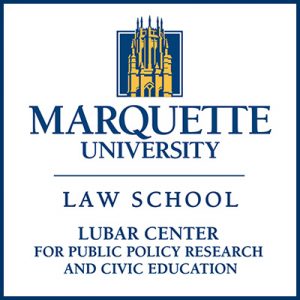Stability or “gerrylaundering”? Attorneys clash over using current maps as redistricting baseline
This blog post continues the focus of the Law School’s Lubar Center on redistricting.
 In redrawing Wisconsin’s legislative and congressional district lines, politicians and judges face a question that often confronts authors and filmmakers: Whether to produce a sequel or create an entirely new work.
In redrawing Wisconsin’s legislative and congressional district lines, politicians and judges face a question that often confronts authors and filmmakers: Whether to produce a sequel or create an entirely new work.
After panning the Republican-drawn 2011 maps as one of the nation’s most extreme partisan gerrymanders, Democrats and progressives find the idea of a sequel as horrifying as another installment of a Halloween slasher-movie franchise. They say it’s time for fresh new districts.
Republicans and conservatives, meanwhile, find comfort in continuing a familiar story — and, not so coincidentally, bringing back almost all of the same characters from previous episodes. They say stability is a virtue in redistricting.
Both sides argue their cases in briefs filed with the Wisconsin Supreme Court, after a legislative debate over a non-binding joint resolution laying out the GOP majority’s favored redistricting principles. The current phase of litigation seeks to define how the justices would redraw the maps if lawmakers can’t reach agreement with Democratic Gov. Tony Evers (and if the task doesn’t wind up in the hands of a three-judge federal court).
Robert Yablon has coined a term for the approach that Wisconsin Republicans advocate: “Gerrylaundering.” That’s also the title of a forthcoming paper for the New York University Law Review, in which Yablon, a University of Wisconsin Law School associate professor, describes how lawmakers try to lock in a prior gerrymander by perfunctorily cleaning up the old maps before clothing the state in them for another decade.
